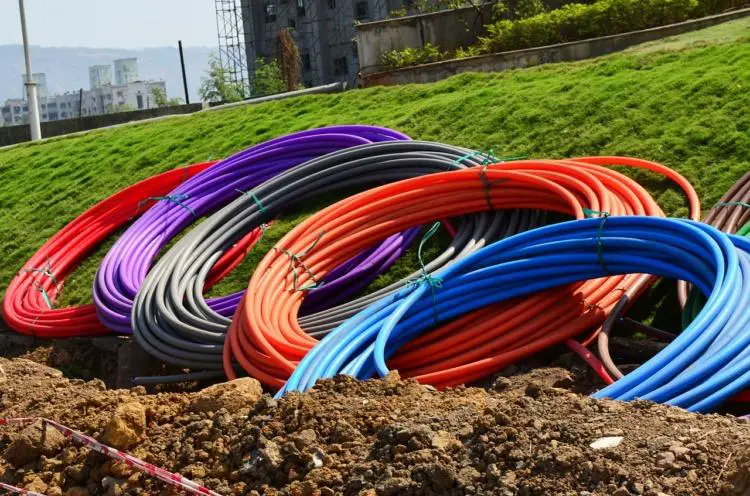An extensive long haul and metro fibre network will be built in the Democratic Republic of Congo (DRC) to improve internet access for more than 30 million people.
Pan-African Technology Company Liquid Technologies and Facebook have partnered for the project that will also help meet growing demand for regional connectivity across Central Africa.
Facebook will invest in the fibre build and support network planning while Liquid Technologies will own, build and operate the fibre network, and provide wholesale services to mobile network operators and internet service providers.
The network will help create a digital corridor from the Atlantic Ocean through the Congo Rainforest, the second largest rainforest after the Amazon, to East Africa, and onto the Indian Ocean.
Liquid Technologies has been working on the digital corridor for more than two years, which now reaches Central DRC. This corridor will connect DRC to its neighbouring countries including Angola, Congo Brazzaville, Rwanda, Tanzania, Uganda, and Zambia.
The new build will stretch from Central DRC to the Eastern border with Rwanda and extend the reach of 2Africa, a major undersea cable that will land along both the East and West African coasts, and better connect Africa to the Middle East and Europe. Additionally, Liquid will employ more than 5,000 people from local communities to build the fibre network.
“This is one of the most difficult fibre builds ever undertaken, crossing more than 2,000 kilometres of some of the most challenging terrain in the world” said Nic Rudnick, Group CEO of Liquid Intelligent Technologies.
“Liquid Technologies and Facebook have a common mission to provide affordable infrastructure to bridge connectivity gaps, and we believe our work together will have a tremendous impact on internet accessibility across the region.”
“This fibre build with Liquid Technologies is one of the most exciting projects we have worked on,” said Ibrahima Ba, Director of Network Investments, Emerging Markets at Facebook.
“We know that deploying fibre in this region is not easy, but it is a crucial part of extending broadband access to under-connected areas. We look forward to seeing how our fibre build will help increase the availability and improve the affordability of high-quality internet in DRC.”
This comes months after Liquid Telecom held a $620 million bond sale, one of the largest by an African telecoms company.
The company said it would use the bond’s proceeds to provide a boost to the continent’s digital infrastructure, and chip away at a major barrier to more widespread internet access.
It also said that it would use the fresh financing to roll out connectivity infrastructure in existing areas, and grow its presence.
The financing included $220 million in loans, bringing the total amount of capital raised to $840 million.
The company is present in more than 20 countries in Africa, with a vision of a digitally connected future that leaves no African behind.
This is one of the biggest projects that Liquid Intelligent has undertaken under its new brand.
In March, the company announced a name change from Liquid Telecom to Liquid Intelligent, a move the company said would be a culmination of its extensive business transformation from being a telecommunications and digital services provider to a full one-stop-shop technology group through a group-wide rebrand.
“Over the last two decades, Liquid has firmly established itself as the leading pan-African digital infrastructure provider with an extensive network spanning over 73,000 KM,” the company’s statement said shortly after announcing the plans to rebrand.
The company also expects the new brand to help it accelerate its growth by providing tailor-made digital solutions to businesses in the public and private sectors across the continent.
“This strategic rebrand reflects Liquid’s new digital-first product offerings, enabling employees and customers to interact with each other digitally irrespective of the time or location.”
Facebook and Fibre Optics
The partnership is not Facebook’s first. This past May, Facebook partnered with Pakistan’s Nayatel to improve and expand connectivity across the country.
Facebook said it would will invest in the fibre build and support network planning, while Nayatel will own, build, maintain, and operate a new fibre network and provide wholesale capacity to mobile operators and ISPs.
The high-speed fibre is expected to connect to connect thousands of sites by 2022, and improve capacity and geographical reach of internet to 10 to 15 million people across eight major cities in Pakistan.
High speed, reliable, and affordable broadband has become a basic household necessity mainly in wake of Covid-19 lockdowns.
